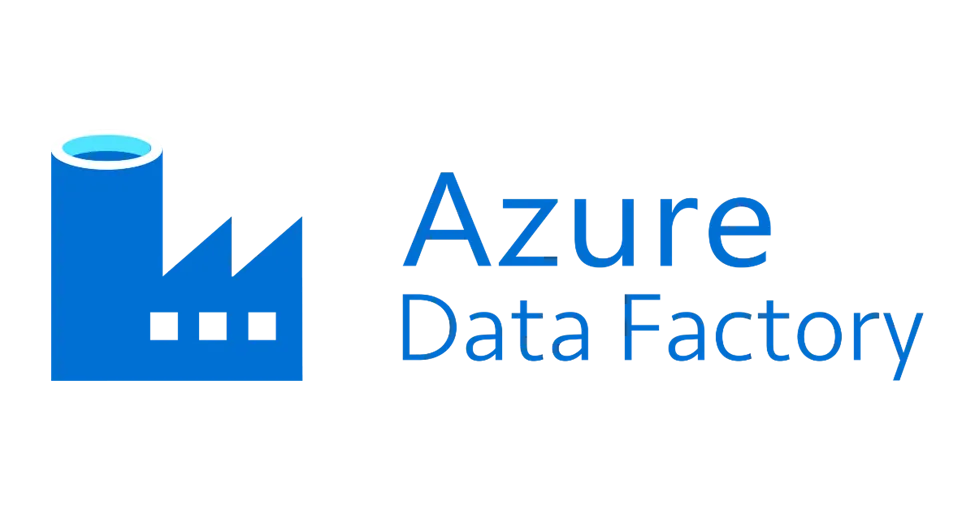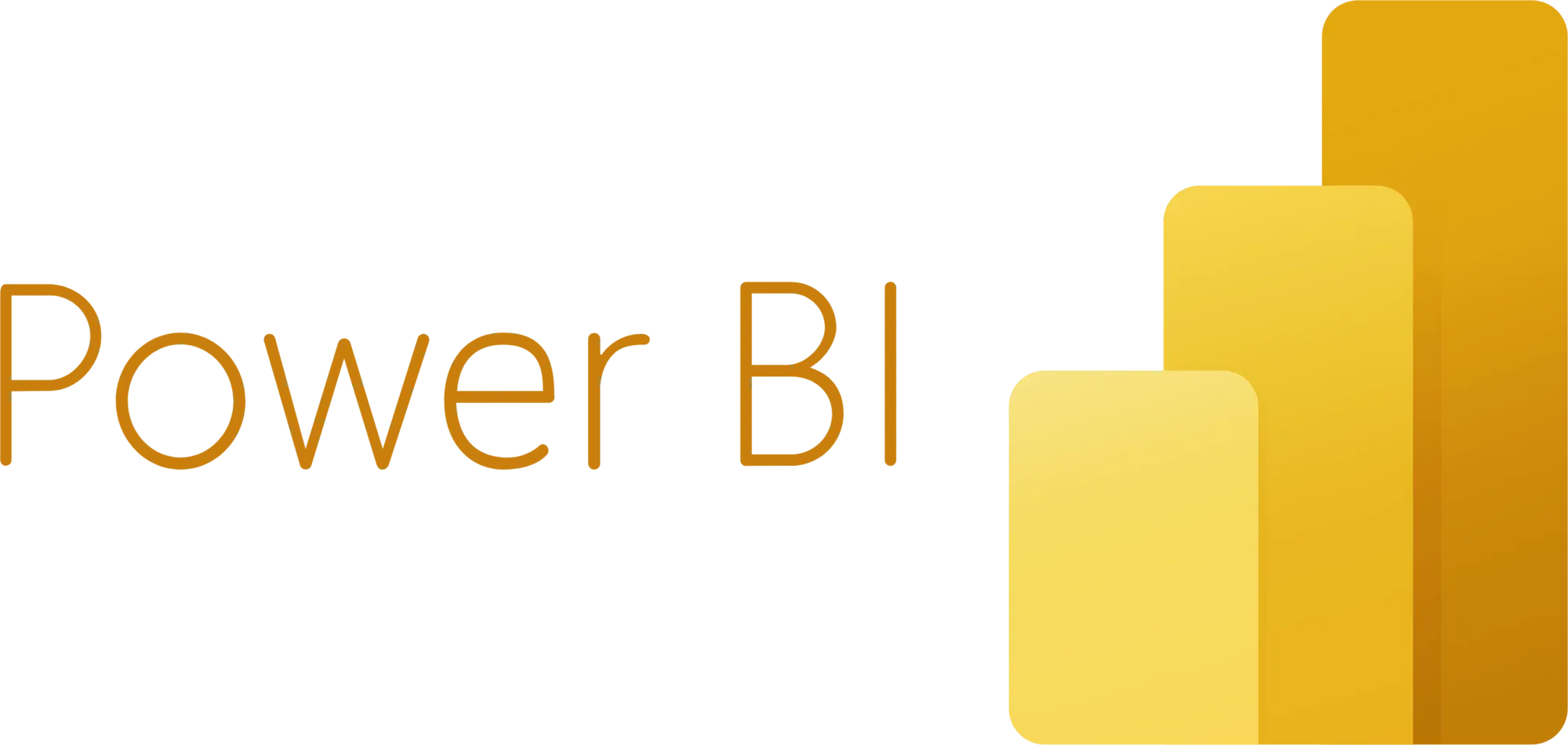Key results
reduction in deadstock inventory through SLOB tracking and redeployment insights
faster AR reporting cycles with automated dashboards and collections tracking
Uncollectible receivables dropped from 6.7% to under 1% with real-time visibility
revenue growth driven by improved customer segmentation and sales rep alignment
About the Client
The client is a U.S.-based B2B distributor of janitorial, sanitation, foodservice, and packaging products, operating multiple warehouses and serving a wide range of industries including healthcare, hospitality, and manufacturing.
Key Challenges
Data scattered across ERP, OMS, CRM, and warehouse systems created blind spots in performance
Manual, Excel-based reporting slowed down collections, procurement, and sales analysis
Lack of real-time insight into SLOB and fill rate performance resulted in inventory write-offs
Collections performance tracking was reactive, with limited AR segmentation or risk scoring
Our Approach
- Built a centralized, cloud-based data warehouse using Azure Synapse Analytics
- Automated ingestion pipelines using Azure Data Factory and Python for all core systems (ERP, CRM, WMS)
- Developed subject-specific data marts for Sales, AR, Inventory, Procurement, and Customers
- Enabled role-specific Power BI dashboards for operations, sales, finance, and leadership teams
Implemented Solution
Centralized Data Warehouse Built on Azure Synapse
- Deployed a fully managed warehouse on Azure Synapse for consolidated reporting across all business domains
- Used Azure Data Factory to orchestrate daily and incremental data loads from ERP, CRM, WMS, and OMS systems
- Python-based ETL pipelines handled transformation logic including AR risk banding, SLOB tagging, payment term mapping, and inventory classification
- Created secure, partitioned data marts for functional teams with row-level access control
Automated Data Ingestion Across Core Business Systems
- Ingested customer, sales, and AR data from ERP and CRM systems for real-time financial visibility
- Integrated inventory, order, and warehouse data to track stock health, fill rates, and open orders
- Loaded supplier and purchasing data to monitor cost trends, delays, and buyer-level performance
- Applied business logic to normalize SKUs, standardize status codes, and clean historical data
Python-Based ETL Pipelines with Quality Checks
- Developed modular transformation logic using Python, orchestrated via Azure Functions
- Implemented schema validation, deduplication, SLA monitoring, and error reporting for ingestion jobs
- Applied data quality checks across payment dates, invoice aging, SKU-level mapping, and buyer codes
Business Intelligence Dashboards in Power BI
- Sales Performance Dashboard
Tracks sales trends by region, rep, and customer — including daily performance, margin leakage, and YoY variance
- AR & Collections Dashboard
Provides aging analysis, risk segmentation, collector performance, and uncollectible tracking across customer types
- Inventory & SLOB Dashboard
Monitors SKU aging, slow movers, stock-outs, and redeployment opportunities by warehouse and product category
- Procurement & Supplier Dashboard
Tracks PO volumes, delays, cost changes, and supplier scorecards for strategic sourcing and negotiation
- Customer Segmentation & Cohort Analytics
Profiles customers based on order patterns, product mix, and payment behavior — with retention and cohort survival trends
Technologies Used
















































